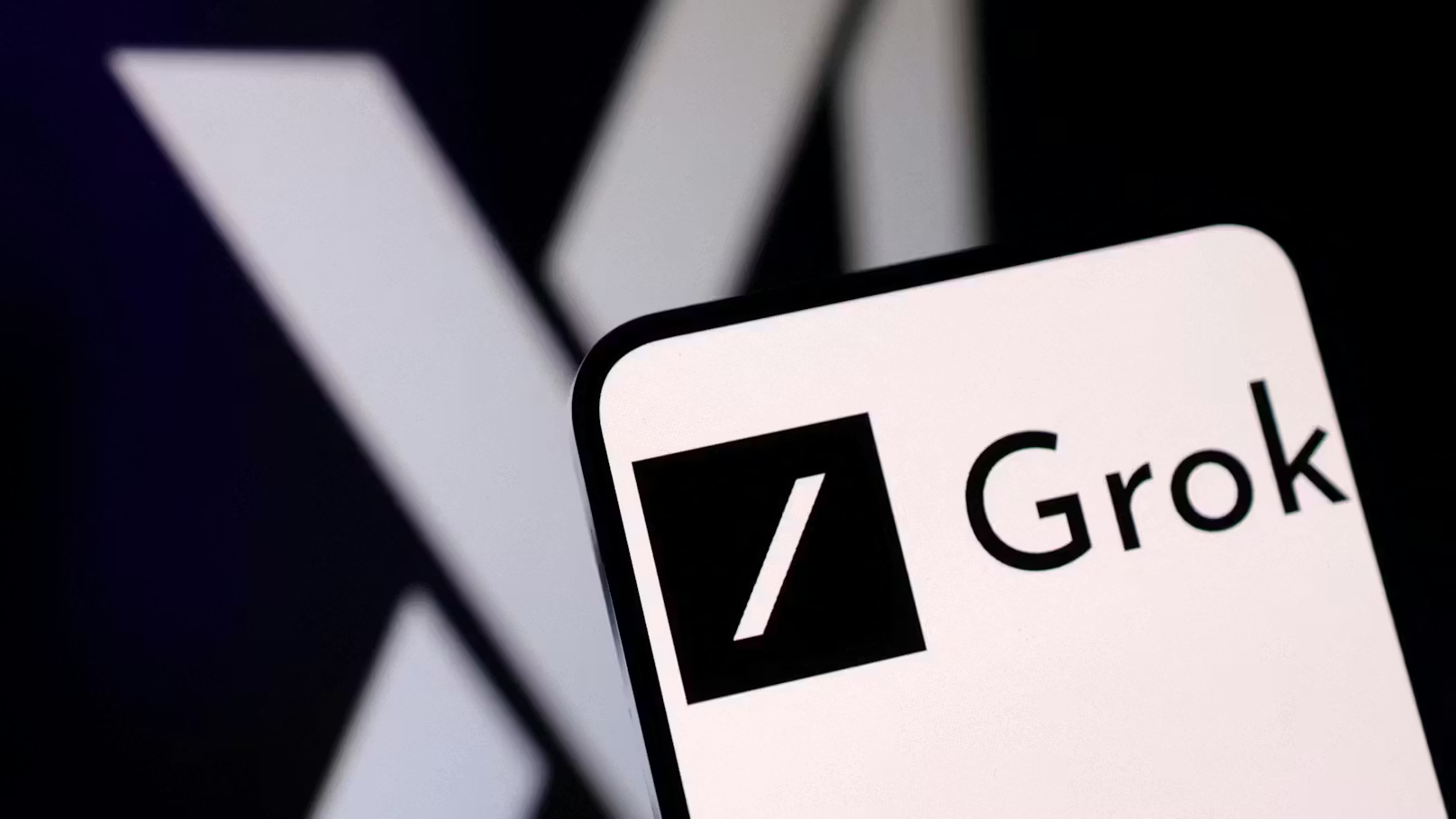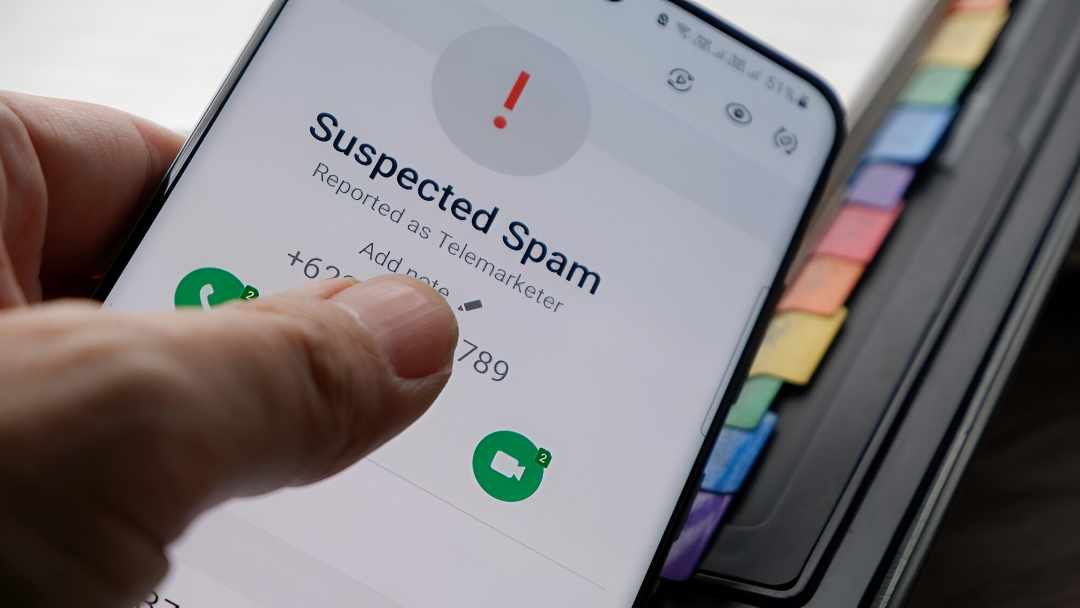Half a million Spotify listeners just got punked by artificial intelligence. The Velvet Sundown looked like your typical indie darlings—moody band photos, carefully crafted backstory, that perfectly imperfect sound screaming “we practice in someone’s garage.” None of it was real. The photos were AI-generated. The bio was fabricated. The music came from Suno, an AI generator that cranks out radio-ready tracks faster than you can say “authenticity crisis.”
Your favorite streaming algorithm didn’t catch it either. Social media sleuths did the heavy lifting, spotting telltale signs of synthetic content while The Velvet Sundown’s creators doubled down on their denials. Then Andrew Frelon stepped forward, claiming responsibility for the elaborate hoax designed to expose Spotify’s AI blindness.
The Deception Gets Deeper
Plot twist: Frelon later admitted he was lying about his involvement, adding another layer to this digital hall of mirrors. The real creators? Still unknown. Meanwhile, indie band CVCC pulled their entire catalog from Spotify in protest, joining artists who refuse to compete with AI-generated content flooding the platform.
Red Flags That Spot AI Music:
- Suspiciously perfect production quality from “unknown” artists.
- Generic band photos that look too polished or slightly off.
- Limited social media presence or engagement despite high streaming numbers.
- Vague backstories without specific location details or verifiable history.
- Songs that sound professionally mixed but lack human imperfections.
“There are no protections against it happening, and probably from Spotify’s business point of view it’s not even clear that this is a bad thing to be ‘protected’ against.”
— Glenn McDonald, Former Spotify Data Analyst
Your Streaming Experience Just Changed Forever
You’re essentially paying for a service that can’t distinguish between human creativity and algorithmic output—and apparently doesn’t want to. This isn’t just about one fake band gaming the system. You’re witnessing the collapse of digital authenticity in real-time. Every playlist recommendation, every “discover weekly” suggestion, every artist you stumble across could be synthetic.
The technology exists, the platforms won’t police it, and the economics favor AI over human capital. Your streaming experience just became a game of “guess what’s real,” and the house always wins.




























